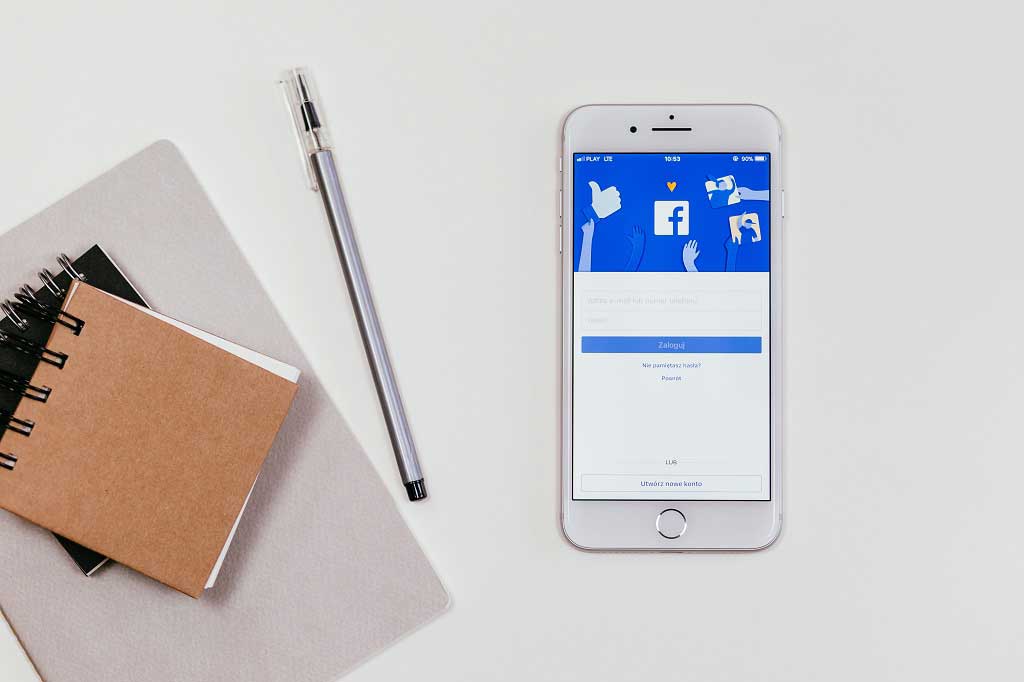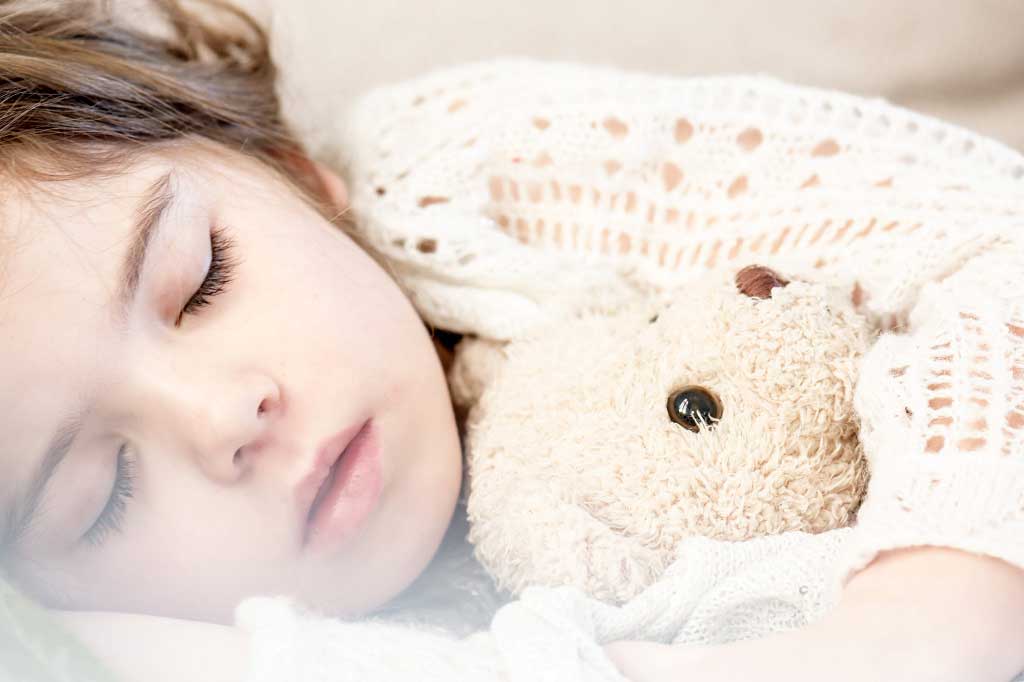Christmas stocking-up on the morning after pill?
Pregnancy and child

“Morning after pill given out free over the phone,” said The Daily Telegraph in a report carried by most newspapers. The Daily Express reported that a scheme now makes getting the morning after pill...
“Morning after pill given out free over the phone,” said The Daily Telegraph in a report carried by most newspapers. The Daily Express reported that a scheme now makes getting the morning after pill “as easy as ordering a pizza”, while the Daily Star reports this as a “Pill plea to party girls”.
The story is based on the British Pregnancy Advisory Service (BPAS) launching a campaign to offer the morning after pill (also known as the emergency contraceptive pill) free to women aged 16 or over throughout December, as a precautionary measure. BPAS is a charity that provides counselling and support to women who have an unplanned pregnancy or who have decided to end their pregnancy. Its services include providing emergency contraception and abortion treatments.
BPAS staff report that they see more women with unplanned pregnancies in January than at any other time of year, and this campaign aims to reduce this.
The campaign is described as “brazen” by the Daily Mail and uses the somewhat provocative internet address www.santacomes.org. The campaign also displays the word “sex” depicted in twinkling Christmas fairy lights, under the slogan “Getting turned on this Christmas?”
However, brazen or not, it’s already possible to buy the emergency contraceptive pill online following a consultation, and the pills are also available from your GP.
What is the morning after pill?
The morning after pill is also known as the emergency contraceptive pill, and contrary to its name it can be taken up to 72 hours after sex. It can be used by women to prevent a pregnancy from occurring after having unprotected sex or if another method of contraception, such as a condom, has failed. It is not intended as a routine contraceptive measure.
There are two licensed hormonal emergency contraceptive pills. The most commonly used is the progestogen (progesterone) hormone levonorgestrel (brand name Levonelle). This pill is more effective the sooner it is taken (preferably within 12 hours, but up to 72 hours). It can be taken up to five days (120 hours) after sex, but this is an unlicensed use of levonorgestrel and less likely to be effective. This is the pill that is being provided by the current BPAS campaign.
The second pill, ulipristal, (brand name ellaONE) acts slightly differently by acting on a progesterone receptor, and is effective if used within 120 hours of sex. This pill is available only by prescription.
How does the emergency contraceptive pill work?
The emergency contraceptive pill mimics the effect of the hormone progesterone (which is naturally produced by a woman’s body), and this:
- stops the ovaries from releasing an egg
- makes it harder for sperm to penetrate the womb and fertilise an egg
- reduces the chances of a fertilised egg implanting into the womb
It is different from abortion medication, which can be used to terminate an established pregnancy usually at up to nine weeks of pregnancy, but sometimes for later terminations beyond 12 weeks.
Are there any side effects?
Side effects of the emergency contraceptive pill can include nausea, tiredness and irregular menstrual bleeding before your next period. Less common side effects are vomiting, headache, dizziness and breast tenderness. The emergency contraceptive pill is not known to cause serious or long-term side effects.
The emergency contraceptive pill may be made less effective by some other medicines, so it’s important that women discuss any medications they are currently taking with the healthcare professional providing the pill.
The emergency contraceptive pill may also be less effective if the woman vomits within two hours of taking it (or within three hours if it is ulipristal), in which case they are advised to speak to a health professional as a replacement dose is likely to be needed.
Women who experience abdominal pain after taking the pill should consult a doctor, as this could be a sign of an ectopic pregnancy (where a fertilised egg has implanted outside of the womb). Women who do not experience a subsequent period, or have a period that is different from normal – lighter or heavier – should also consult a doctor as this could signal pregnancy or other complications.
Where is the emergency contraceptive pill usually available?
The emergency contraceptive pill is available free of charge from:
- GPs
- most family planning and contraception clinics
- most sexual health clinics (sometimes referred to as genitourinary medicine or GUM clinics)
- most young persons' or Brook clinics
- most NHS walk-in centres
- most NHS minor injury units (MIUs)
- some hospital accident and emergency (A&E) departments
Women aged 16 or over can buy the emergency contraceptive pill from most pharmacies and some private health clinics.
Find your nearest GP, sexual health service, or pharmacy.
So how is this new scheme different?
The BPAS scheme aims to make it easier for women to get the levonorgestrel emergency contraceptive pill ahead of the festive season, when GP surgeries and pharmacies may not be open. In the BPAS scheme, women register on the website, provide their age and are then called by a nurse for a 15-minute consultation between 2pm and 5pm on weekdays (calls outside these hours can be arranged). The nurse will assess the woman’s medical suitability for taking the pill. If the woman is 16 and over and there are no medical reasons why she should not have the emergency contraceptive pill, it will be sent to her by post.
The scheme encourages women to obtain the emergency contraceptive pill in advance, in case they need it over the festive period. This aims to allow them to take the pill when it is the most effective, in the 12 hours after having sex, if they need it.
Is there a risk that underage girls will be given the emergency contraceptive pill under this scheme?
Women have to provide their date of birth when they register on the BPAS website, and nurses administering the scheme may also check women’s ages when they call. There is a possibility that underage girls trying to obtain the emergency contraceptive pill may not tell the truth when they apply.
Does the emergency contraceptive pill protect against STIs?
The emergency contraceptive pill does not protect against sexually transmitted infections (STIs). Using protection such as a condom is the best way to avoid contracting an STI.






 Subscribe
Subscribe Ask the doctor
Ask the doctor Rate this article
Rate this article Find products
Find products






